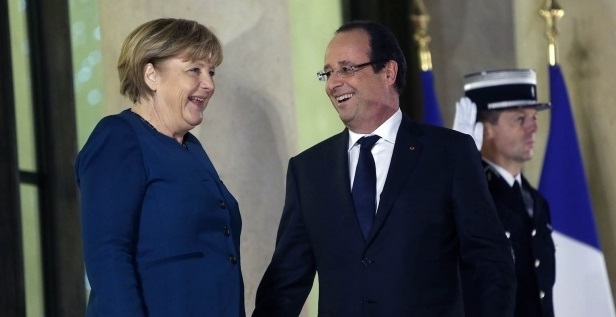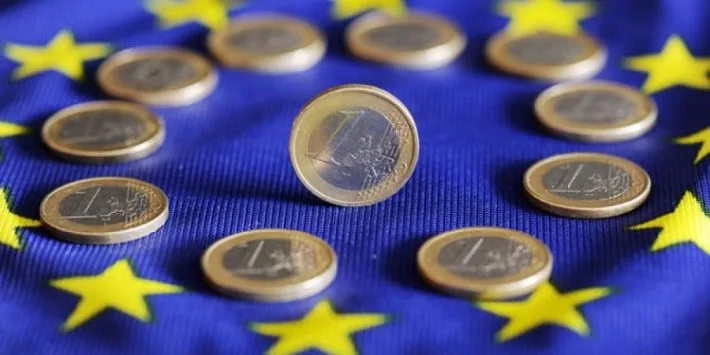The German Chancellor wants more European providers to avoid our data passing through the US after the Datagate scandal. Commissioner Kroes’ spokesperson: “The Commission has already made concrete proposals.”

The European commission “supports” Chancellor Merkel’s proposal to work for the building of “better networks and better data protection and security on these networks.” That is what Ryan Heath, spokesperson for the EU Commissioner for the Digital Agenda Neelie Kroes, told journalists during a press conference. Chancellor Merkel is to meet French President François Hollande on Wednesday, and they will discuss the possibility of “creating a safe telecom network” in the European Union after the Datagate scandal. Earlier this week, Chancellor Merkel has explained, “We are going to discuss everything related to this issue and, above all, we’ll talk about European providers that offer security for our citizens, so that one shouldn’t have to send emails and other information across the Atlantic.” The target is the creation of “a communication network inside Europe.”
Negotiations among Member States “won’t be easy” according to Ms Merkel, given that “some countries have data protection levels that are lower than German ones, and we do not want our security to be watered down.” Moreover, Mrs Merkel criticised the fact that Facebook and Google can be based in countries with low levels of data protection while carrying out business in nations that offer more rigorous safeguards, and this “can be no longer accepted in Europe.”
According to Ms Kroes’ spokesperson, “Chancellor Merkel did not mean that she wants to create a European Internet,” but just that Ms Merkel wants EU Member States to offer EU-based services that are currently offered only by US companies. Mr Heath reminded “the Commission has already made three concrete proposals in this field” in addition to “a European cloud partnership”. The mentioned proposals are: “number one, a new networking information security directive, that’s requiring companies and government to work together, to report and prevent data breaches; number two, the data protection reform package, providing more protection to your data and much tougher enforcement when that data is compromised and thirdly of course, the revise of the telecom single market regulation,” said Mr Heath. The point is “about guaranteeing an open and universal Internet,” he added, and “when we have that telecom single market, that’s how we maximize the opportunities for European companies to provide that sort of security services Chancellor Merkel was interested in.”


![La bandiera della Regione Lombardia [foto: Wikimedia Commons]](https://www.eunews.it/wp-content/uploads/2022/09/lombardia.png.webp)









